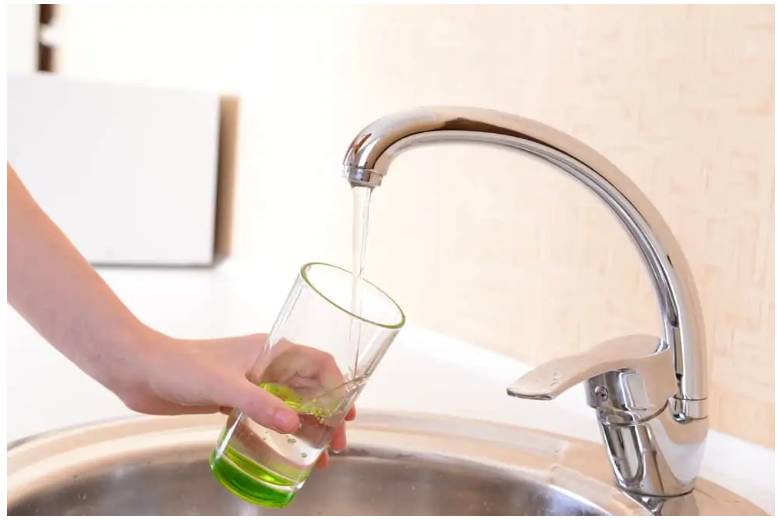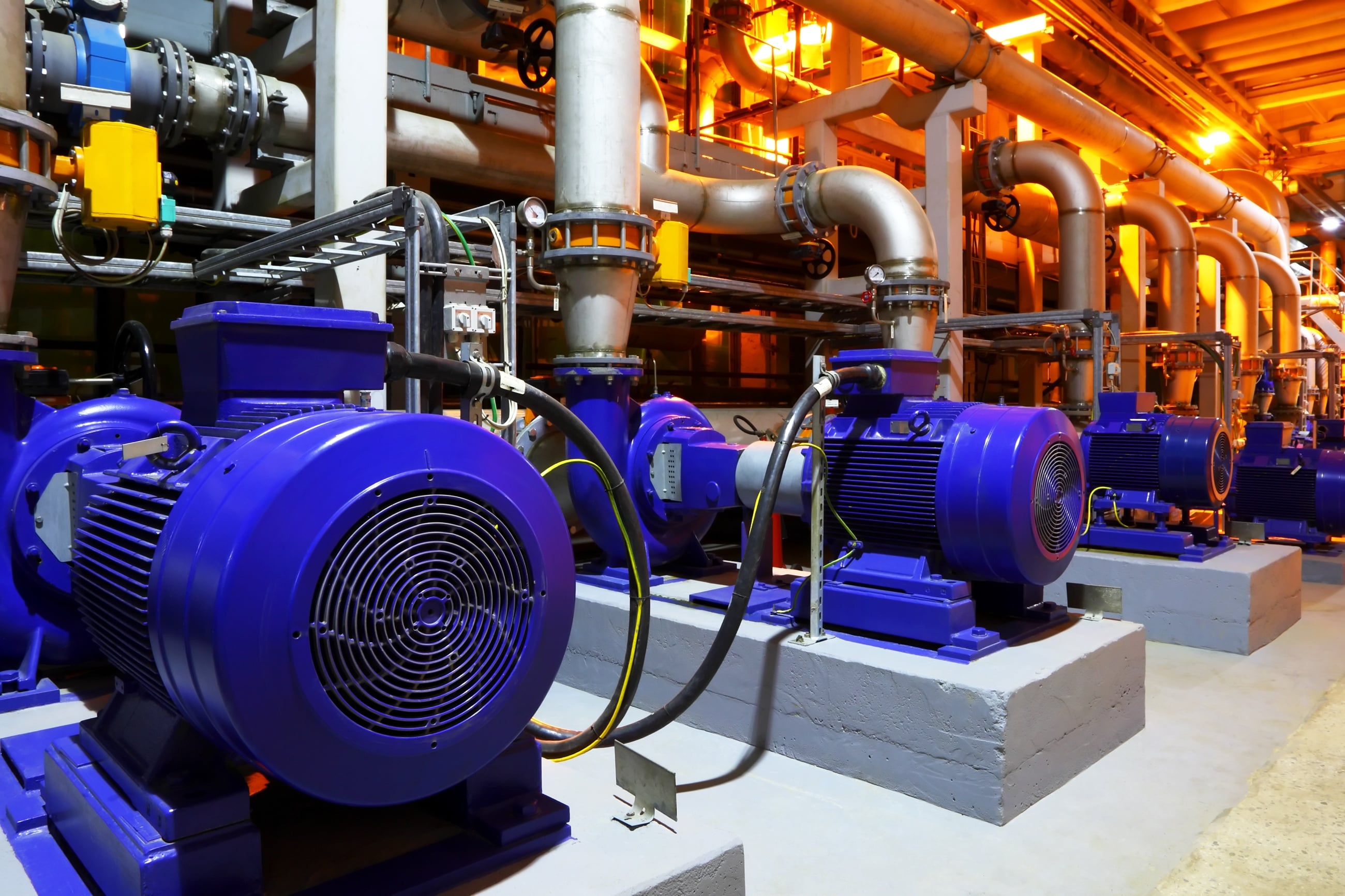Useful Remedies for Overcoming Low Water Pressure in Your Home
Useful Remedies for Overcoming Low Water Pressure in Your Home
Blog Article
This article which follows relating to 9 Reasons for Low Water Pressure in Your House is fairly captivating. Check it out yourself and decide what you think about it.

Low water stress in your home can be a frustrating issue, affecting whatever from showering to cleaning dishes. If you're experiencing weak water circulation, there are several possible reasons and solutions to check out. In this overview, we'll discuss usual reasons for low water stress and sensible steps to deal with the problem properly.
Introduction to Low Water Pressure
Low tide stress takes place when the circulation of water from your faucets, showers, and other fixtures is weaker than typical. This can make daily jobs more challenging and less reliable. Understanding the causes of low water pressure is essential to finding the right option.
Typical Root Causes Of Low Water Pressure
Pipe Obstructions
With time, pipelines can end up being clogged with mineral deposits, debris, or particles, limiting the flow of water. This is a common problem in older homes with galvanized steel pipes.
Rust
Corrosion within pipes can cause leakages and decreased water pressure. Rust buildup can restrict water circulation, especially in aging plumbing systems.
Faulty Stress Regulators
Pressure regulators are responsible for preserving consistent water pressure in your house. If they malfunction, it can result in low water pressure or unequal circulation throughout the house.
Local Water Supply Issues
Often, the trouble exists outside your home. Municipal supply of water concerns, such as main line leakages or upkeep job, can temporarily reduce water pressure in your area.
How to Detect Low Water Stress
Examining Taps and Components
Begin by evaluating the water pressure at different faucets and components throughout your home. If the concern is separated to particular areas, it might show local issues.
Inspecting Pipelines
Check noticeable pipes for signs of leaks, deterioration, or clogs. Take notice of any kind of uncommon audios, such as banging or rattling pipes, which could suggest issues within the plumbing system.
Consulting with a Plumber
If you're incapable to pinpoint the reason for low water stress, think about employing a professional plumber to conduct a comprehensive inspection. They can recognize underlying problems and advise appropriate services.
Do It Yourself Solutions to Deal With Low Water Stress
Cleaning Aerators and Showerheads
Mineral deposits can build up in aerators and showerheads, minimizing water circulation. Get rid of and cleanse these parts regularly to boost water stress.
Flushing Water Heater
Sediment buildup in the water heater can limit circulation and minimize effectiveness. Flushing the storage tank periodically aids get rid of sediment and maintain optimum performance.
Checking Stress Regulatory Authority
Guarantee that the stress regulator is functioning appropriately. Changing or replacing the regulatory authority can aid recover correct water pressure throughout your home.
Clearing Clogs in Piping
For minor obstructions, attempt using a plumbing serpent or chemical drain cleaner to clear blockages in pipes. Beware when using chemicals and comply with safety guidelines.
When to Call a Specialist Plumber
If do it yourself efforts fall short to settle the concern or if you believe considerable plumbing issues, it's ideal to look for aid from a qualified plumber. They have the experience and devices to deal with complicated problems securely and properly.
Safety Nets to Keep Water Stress
Routine Upkeep
Arrange routine maintenance for your plumbing system to stop concerns such as rust, leakages, and obstructions. Attending to minor problems early can aid prevent more significant fixings in the future.
Setting Up a Pressure Booster
Take into consideration setting up a pressure booster pump to improve water pressure in locations with consistently reduced flow. This can be specifically helpful for multi-story homes or residential properties with high-demand fixtures.
Tracking Water Usage
Bear in mind water use habits and stay clear of overtaxing the plumbing system. Easy changes, such as staggering showers and washing tons, can assist keep adequate water stress.
Final thought
Managing low water pressure can be discouraging, but recognizing the underlying causes and carrying out appropriate remedies can recover optimum flow throughout your home. Whether it's cleaning aerators, inspecting pipes, or consulting with a plumber, taking proactive actions can make certain a stable supply of water for your daily demands.
FOUR WAYS TO FIX LOW WATER PRESSURE NOW
Turning on a shower or faucet only to find the water comes out in a sad, slow drizzle is never a good feeling. How exactly are you supposed to wash a pan or take a quick shower when it takes 10 minutes just to rinse off a little soap? The good news is that when your water pressure is bad, there's always a cause: typically one that can be easily fixed. Here are some of the most common causes of low pressure and what you can do to fix the issue:
DEBRIS AND MINERAL DEPOSIT BUILDUPS
If you notice low water pressure from just one or two of the fixtures in your house, the problem likely has to do with debris buildup. Water is full of minerals and other debris, all of which can accumulate in your pipes and on your fixtures. This can cause a blockage that affects how much water flows through. To fix this, try filling a small plastic bag with white vinegar, and use a rubber band to hang it around your showerhead or faucet. Let the head of the fixture soak for a few hours, and the vinegar should loosen the deposits.
WATER LEAKS
Leaks are another common cause of low water pressure. If water is flowing out of your plumbing through a hole or crack before it can reach your fixture, the pressure coming out of the faucet or showerhead will be lower. A plumbing professional is your best bet for finding and repairing a leak in your water supply pipes.
Leaks are another common cause of low water pressure. If water is flowing out of your plumbing through a hole or crack before it can reach your fixture, the pressure coming out of the faucet or showerhead will be lower. A plumbing professional is your best bet for finding and repairing a leak in your water supply pipes.
FOUR WAYS TO FIX LOW WATER PRESSURE NOW
Turning on a shower or faucet only to find the water comes out in a sad, slow drizzle is never a good feeling. How exactly are you supposed to wash a pan or take a quick shower when it takes 10 minutes just to rinse off a little soap? The good news is that when your water pressure is bad, there's always a cause: typically one that can be easily fixed. Here are some of the most common causes of low pressure and what you can do to fix the issue:
DEBRIS AND MINERAL DEPOSIT BUILDUPS
If you notice low water pressure from just one or two of the fixtures in your house, the problem likely has to do with debris buildup. Water is full of minerals and other debris, all of which can accumulate in your pipes and on your fixtures. This can cause a blockage that affects how much water flows through. To fix this, try filling a small plastic bag with white vinegar, and use a rubber band to hang it around your showerhead or faucet. Let the head of the fixture soak for a few hours, and the vinegar should loosen the deposits.
WATER LEAKS
Leaks are another common cause of low water pressure. If water is flowing out of your plumbing through a hole or crack before it can reach your fixture, the pressure coming out of the faucet or showerhead will be lower. A plumbing professional is your best bet for finding and repairing a leak in your water supply pipes.
Leaks are another common cause of low water pressure. If water is flowing out of your plumbing through a hole or crack before it can reach your fixture, the pressure coming out of the faucet or showerhead will be lower. A plumbing professional is your best bet for finding and repairing a leak in your water supply pipes.
A VALVE ISSUE
If you have low water pressure throughout your home, check your main shut-off valve to make sure it's completely open. You may also want to see if there's a pressure-reducing valve installed. If there is, have a plumber help you adjust the settings to get the pressure you're looking for.
OTHERS USING WATER
Believe it or not, your low water pressure could be caused by your neighbors. If you notice low pressure at certain times of day, it may be because you and the people living next to you have similar schedules - when everyone is showering at the same time, the pressure will be lower in every home. Low pressure throughout the neighborhood may also be caused by an issue with your municipal water supply. If that's the case, call the supplier to see if they're working on the issue.
https://www.rotorooter.com/blog/water-leaking/low-water-pressure-fixes/

We had been brought to that article on 10 Reasons for Low Water Pressure in Your House through a pal on a different web property. For those who enjoyed our article please don't forget to pass it around. Many thanks for your time spent reading it.
At This Website Report this page